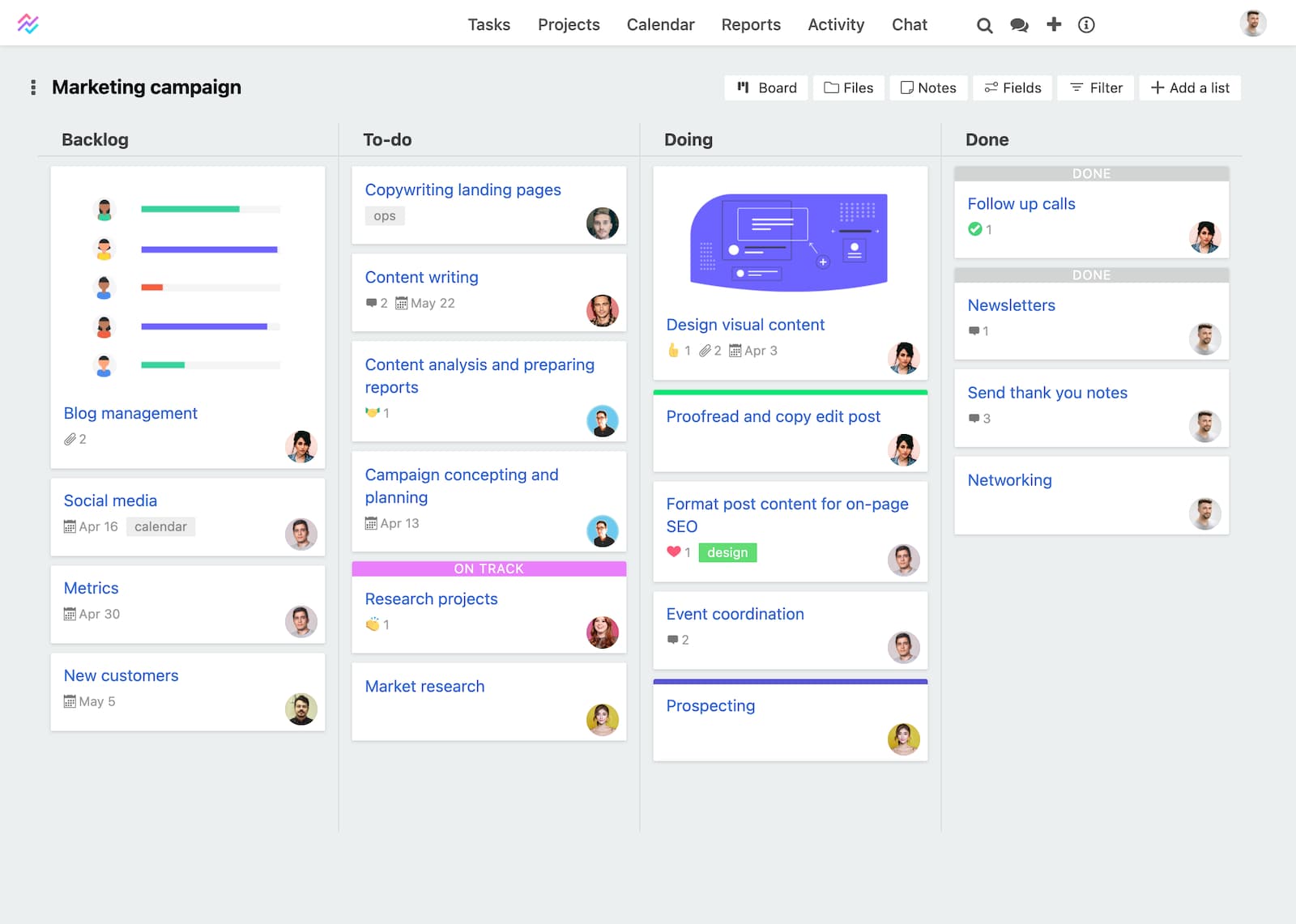5 common mistakes that new project managers make: Project management tools and more

Starting a new role as project manager is an exciting endeavor. You can have a real impact on the success of your organization. You can lead a talented team, experiment with new project management tools, and influence the operations of your business in a new way.
But in the midst of this enthusiasm, some new project managers end up making common mistakes. These pitfalls are avoidable with a little bit of foresight. Before you get started on your new project, review these potential errors - so you don't make them.
1. Don't be a lone ranger

A project is never a solo venture. New project managers may fall under the weight of their own enthusiasm, taking on the responsibility for every aspect of the process leading up to the ultimate goal.
But this violates an important covenant of project management: following the project charter, also known as the starting document that gets all stakeholders on the same page.
The project charter, whether or not you use it formally, underscores an important point about project management: Before you get started, everyone who has an interest in the project must agree about key elements. They include objectives, deliverables, and criteria for success.
Taking on too much also violates a basic tenet of any kind of teamwork: You don't have to do it alone. Feel free to consult with colleagues, mentors, and people within your professional network about the direction of the project.
2. Working with unrealistic expectations

It can take some time for project managers to know their team members. It's also a learning process to get to know how to develop reasonable timelines, budgets, and goals.
At the beginning of a project, you may have to act as an advocate for your project to stakeholders. There's a temptation to overpromise, especially when you can see how those pie-in-the-sky outcomes could benefit the organization.
An experienced project manager is a realistic manager. They understand that team members are human, and can't always meet short deadlines. Supply chains dry up, shipping delays cause product backlogs, and any number of assumptions may fail to hold up.
As a new project manager, it is to your benefit to research what works and what doesn't. Read reports on past projects, speak with more experienced PMs, and have initial conversations with your team members about what they feel they can do.
Realistic goals are easier to meet - and less likely to lead to disappointment.
3. Lack of communication with the project team

A project manager is just that - a manager - and that role means assigning key responsibilities to others. Micromanaging rarely ends well, but a solid PM establishes open and productive communication with all team members.
Failing to communicate keeps you out of the loop of your own project. It can result in protracted timelines, subpar quality of deliverables, and even the collapse of the entire endeavor.
Regular one-on-ones with team members, as well as scheduled group check-ins, can keep everything on track.
A check-in need not be a finger-waving session. Create an environment where team members admit to facing a challenge or needing additional support. They should come to you if they have to deviate from the project roadmap.
Roadblocks come in many different forms. Team members may discover a crucial deliverable requires three preliminary tasks instead of one. For example, a new commercial building may require five separate city permits instead of two, each requiring time-consuming applications or hearings.
Early identification of roadblocks gives you the time you need to step in and help everyone get the job done. It also helps you to assess on an ongoing basis whether your initial plan makes the most sense for the project - or whether you need to try a different approach.
4. Be prepared to change your plan

Although communication is essential to stay on track, novice project managers often don't know when the starting framework needs adjustment. Sticking too hard and fast to the blueprint can fail everyone in the long run: your team members, your stakeholders, and yourself.
Even if you have a project charter - a starting agreement on goals, deliverables, and timelines - know that the details may shift as the project continues.
Take these examples: A key team member may leave to pursue another position. A contractor hired to implement a new CRM system may underestimate transition time and costs. Periods of unexpected revenue loss may result in a cut to the project budget.
That commercial building that needs several permits to operate instead of just two can cause project delays. Your options may be to choose a new location, reassess your timelines, or take a new approach altogether.
All of these can cause major disruption to your plan. But if you can pivot, making necessary adjustments so the project keeps moving forward, you can still satisfy stakeholders with your results.
Have a plan "B" or even "C" for various components of your project plan, so you have an alternative route to take when your initial plan swerves off track.
Remember the ultimate objective and goals. The details are key - but you can't lose sight of what your project is designed to accomplish in the end.
5. Not using the right tools for tracking progress and tasks
There's another, less obvious mistake new project managers commonly make: Getting caught up in the administrative side of PM work and not taking advantage of project management tools to make that aspect of the job easier.
Today, project managers have to track and recall a massive amount of information. In addition to the project specifications, there are milestones for each team member, group and individual meetings, outstanding tasks, and issues to resolve.
A spiral notebook to keep track of it all may work for some - but a tool like Breeze makes it easier for most. This platform lets you see at a glance what all your team members are working on. It identifies key dates, progress, and reports on each element of the project.

These tools help you to see how your project is moving, and where there are potential roadblocks. As you consider how to pivot from your initial plan, Breeze can help you to see who is affected - and who can step in to help the team to reach its ultimate goal.
As a project manager, you don't need to use your mental power to remember every conversation or pester your team with regular calls to see how their work is coming. You can simply log in and start an online chat - or just trust the easy-to-read visuals on your dashboard.
The takeaway
Project management gives you the opportunity to have a direct impact on the success of your organization - but few project managers do a perfect job right out of the gate.
To ensure the best possible results, take an objective look at your role. Know what's expected of you. On a personal level, identify your strengths and weaknesses so you can do your job well. Take cues from others with more experience. Communicate with your team.
Take advantage of technology - the latest tools can help you find the best path to the most desirable deliverables. All in all, dive in but keep learning - so your project management adventure ultimately finds success.








